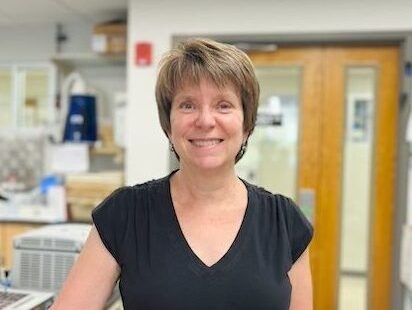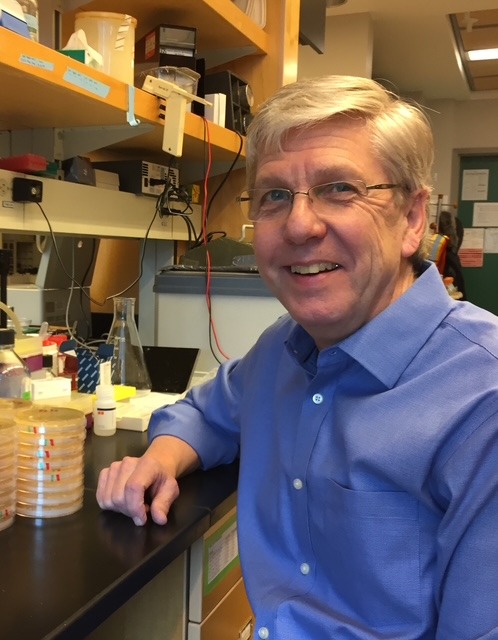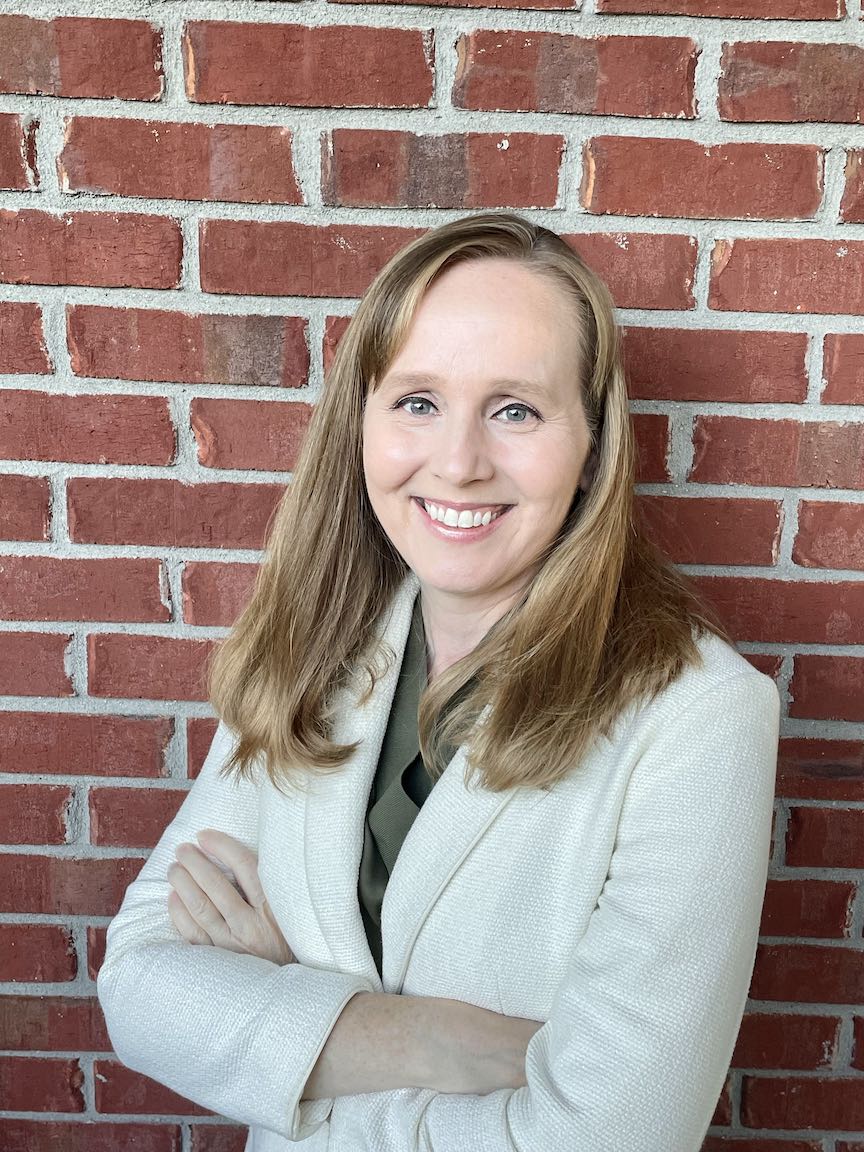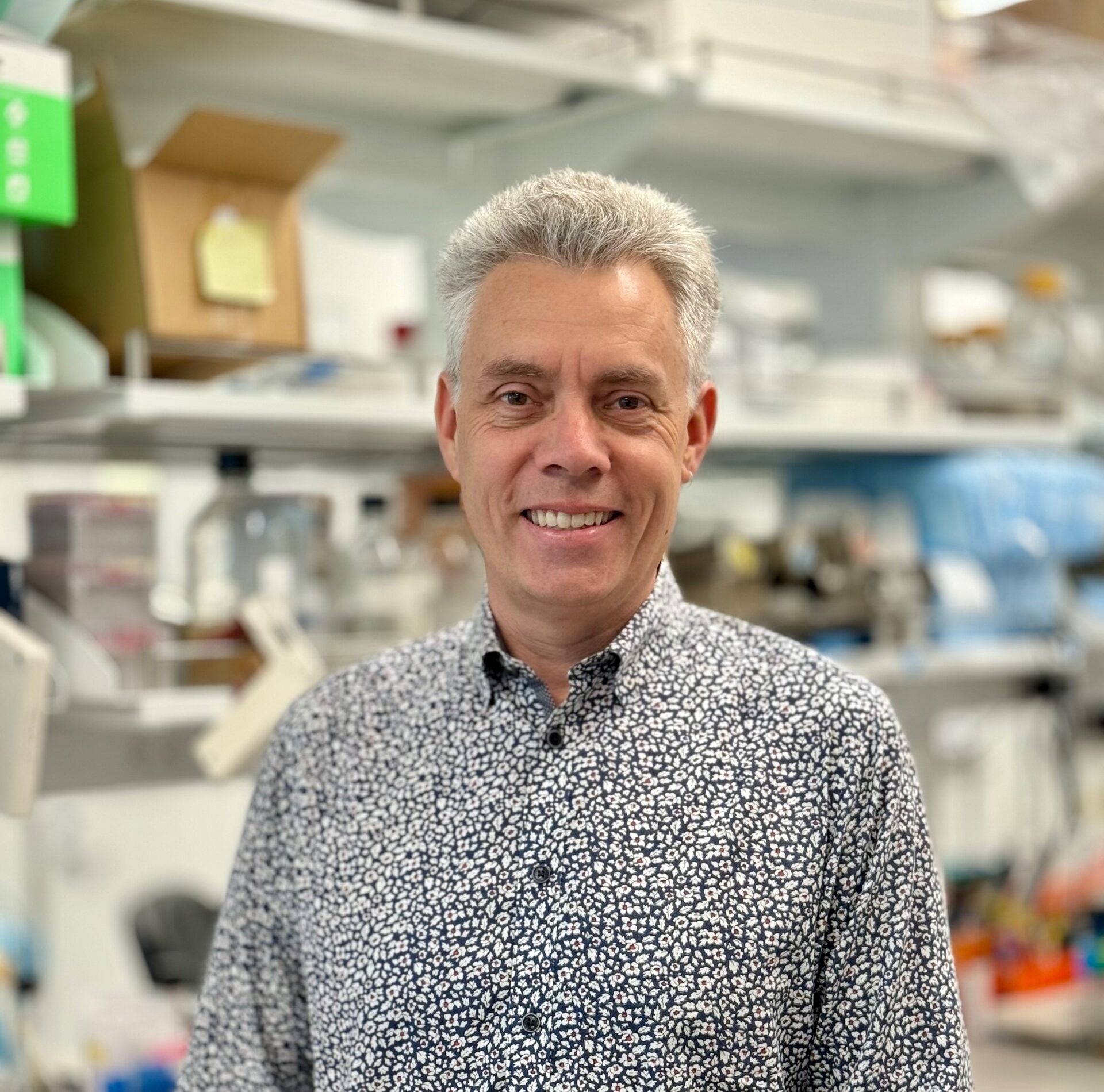Invited Speakers
Thank you to the community for the nominations submitted for YGM Special Awards and Lectures. The organizers are pleased to announce the confirmed speakers below.
Download a Yeast 2026 promotional poster!

Karen Arndt
Lee Hartwell Lecture
Karen Arndt is a Professor at the University of Pittsburgh. Her lab studies the mechanisms that control transcription by RNA polymerase II with a focus on transcription elongation and its coordination with chromatin regulation. Using multiple approaches in yeast, her lab has elucidated the functions of the Paf1 complex, a core transcription elongation factor that stimulates transcription and determines histone modification patterns genome wide. Loss of this complex is associated with many forms of human cancer and developmental defects. The lab is also studying the interplay among epigenetic modifications and the mechanisms that drive transitions in the eukaryotic transcription cycle.

Phil Hieter
Yeast Genetics Meeting Lifetime Achievement Award
Philip Hieter is a Professor in the Michael Smith Laboratories at the University of British Columbia. Phil is recognized for his work on structural and regulatory proteins that ensure faithful segregation of chromosomes during cell division and for relating his findings in yeast to human cancer and therapeutics. Throughout his career, his work has demonstrated and advocated the value of model experimental organisms for understanding mechanisms of human disease. Phil served as President of the Genetics Society of America in 2012, and as President of the Canadian Society for Molecular Biosciences in 2017. He is a Fellow of the Royal Society of Canada and Member of the U.S. National Academy of Sciences.

Soni Lacefield
Ira Herskowitz Award
Soni Lacefield is a Professor of Biochemistry and Cell Biology at the Geisel School of Medicine at Dartmouth. Her lab studies chromosome segregation and cell cycle regulation in mitosis and meiosis, in budding yeast and mouse models. Employing genetic and cell biological approaches, a major focus of her research is understanding how mitotic regulators of the cell cycle can have distinct or additional roles in meiosis. She is currently investigating differences in spindle checkpoint activity and the distinct regulatory mechanisms of meiosis II and mitosis.

Gavin Sherlock
Winge-Lindegren Address
Gavin Sherlock is a Professor of Genetics at Stanford University in California. His lab is interested in the evolutionary process, using yeast as a model organism, and has developed approaches to track adaptive evolution at high resolution. These approaches have allowed the elucidation of the distribution of fitness effects of beneficial mutations, the identification of growth cycle specific trade offs of such mutations, and the determination of the spectrum of adaptive mutations under various evolving conditions.